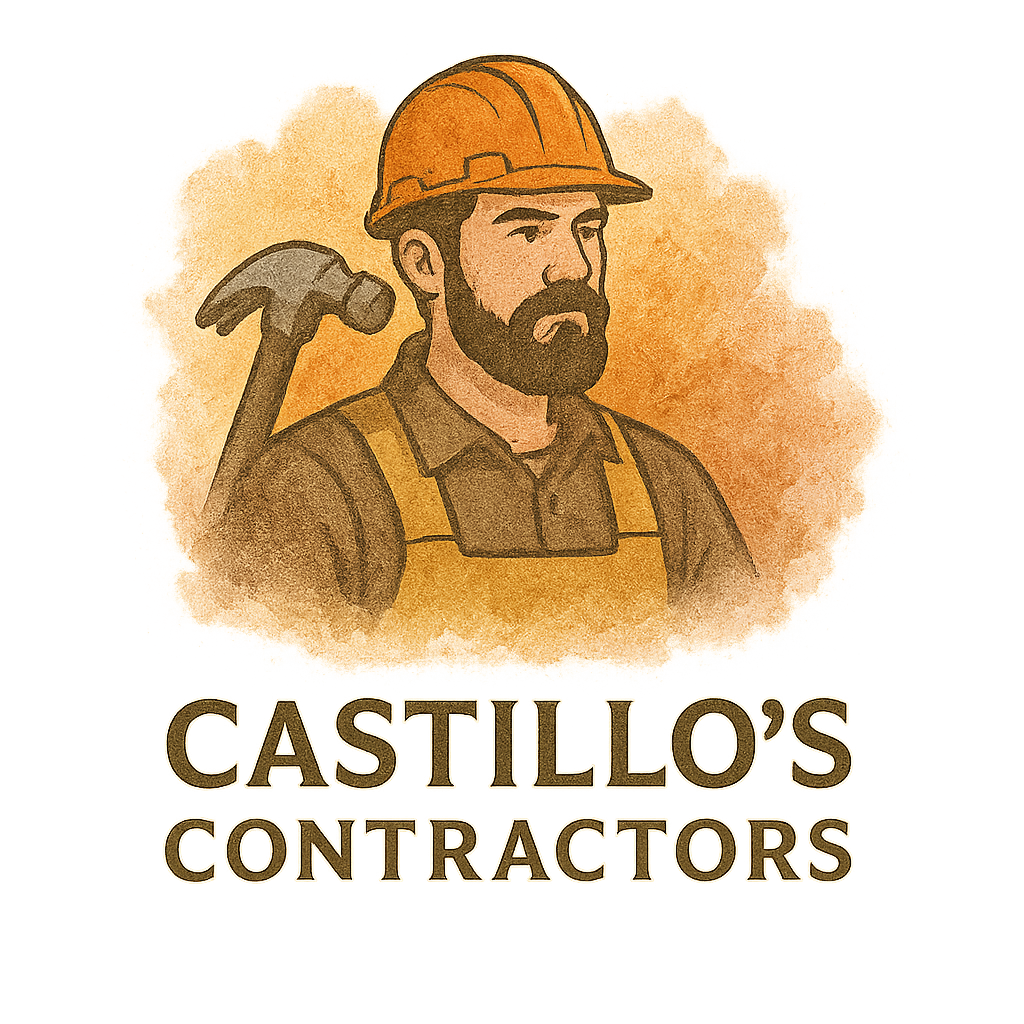Thinking about starting a home remodel or a new construction project? Before the hammer hits the nail, there’s something most homeowners overlook—insurance. Yep, that not-so-glamorous, but oh-so-crucial detail can save you from turning a dream build into a nightmare.
Here’s what seasoned contractors want you to know about insurance before any work begins.
Why Insurance Is a Big Deal in Construction
Construction is risky business. Between power tools, ladders, and unpredictable weather, there’s a lot that can go wrong. Without the right insurance in place, a simple mistake could leave you holding the financial bag.
Whether you’re working with residential contractors or commercial contractors, being informed about insurance helps protect your investment—and your sanity.
Tip #1: Always Confirm the Contractor’s Insurance Coverage
What Types of Insurance Should Contractors Carry?
Before hiring anyone, make sure your contractor has:
- General Liability Insurance: Covers damage to your property or injuries on-site.
- Workers’ Compensation: Protects you if a worker gets hurt.
- Builder’s Risk Insurance: Covers damage to the structure during construction.
These are absolute non-negotiables.
How to Verify Contractor Insurance
Ask for a Certificate of Insurance (COI) from the contractor’s provider. This doc proves their policy is active and outlines what it covers. It might seem awkward to ask, but any reputable contractor expects this.
Red Flags to Watch Out For
- Expired policies
- Reluctance to provide proof
- Policies with suspiciously low limits
If any of these pop up, it’s time to look elsewhere. For vetted pros, explore Castillo’s Contractors.
Tip #2: Understand Your Homeowner’s Policy Coverage
What’s Typically Covered—and What’s Not
Your standard policy may not cover damage caused during a remodel. That’s a shocker, right? Major renovations often fall into a gray area.
When to Update Your Policy
If your contractor is doing work that increases your home’s value—think kitchen overhauls or additions—you’ll want to update your policy before the work starts. Visit our construction tips section to stay ahead of the curve.
Tip #3: Ask About Subcontractor Insurance
Who’s Liable When Things Go Wrong?
Many general contractors bring in subs for plumbing, electrical, or roofing. But here’s the kicker—not all subcontractors are insured. If they mess up or get hurt and don’t have insurance, you could be liable.
Getting Documentation from All Involved Parties
Don’t be afraid to ask your contractor for insurance documents for every subcontractor on the job. This is especially important in commercial projects. Learn more about the hiring process in our hiring management guide.

Tip #4: Ensure You’re Listed as an “Additional Insured”
Why It Matters
Getting added to your contractor’s insurance policy as an additional insured gives you extra protection. If a claim is filed, you’re part of the conversation—not just a bystander hoping it goes well.
How to Make It Happen
Ask your contractor to have their insurer send you an updated COI with your name listed. It’s a simple step that makes a big difference.
Tip #5: Don’t Skip the Paper Trail
Contracts and Certificates of Insurance (COIs)
Every agreement should be in writing, and that includes insurance documents. Keep copies of:
- The written contract
- The COIs
- Change orders and updates
This isn’t being paranoid—it’s being smart.
How Long Should You Keep Records?
Hold onto everything for at least seven years. Legal issues can take time to surface, and you’ll be glad you did if something pops up.
Extra Tip: Work Only with Verified, Licensed Contractors
Where to Find Trusted Experts
The easiest way to avoid insurance headaches is by working with pros who know their stuff. At Castillo’s Contractors, we prioritize safety, accountability, and transparency in every project.
Internal Links to Help You Find the Right Pros
- Remodeling & Renovation
- Residential Contractors
- Commercial Contractors
- Construction Tips
- Hiring Management
Explore our tags for more insights:
contractor tips, construction, home improvement, project planning, flawless build, and more.
Final Thoughts
Insurance isn’t the most exciting part of your renovation, but it’s definitely one of the most important. Whether you’re planning a home improvement project or launching a commercial build, these tips will help you sleep easier at night. Protect yourself, your investment, and your peace of mind—because when it comes to construction, surprises are rarely a good thing.
FAQs
1. What if my contractor refuses to show proof of insurance?
Walk away. No legit contractor will hide this info.
2. Is general liability insurance enough?
Not really. Look for contractors with liability, workers’ comp, and builder’s risk.
3. Should I contact my own insurance company before a remodel?
Yes! Update them and adjust your policy if needed.
4. Can I add myself to my contractor’s insurance?
Yes, request to be added as an “additional insured” for extra protection.
5. How do I verify a subcontractor’s insurance?
Ask your general contractor for documentation. Don’t take anyone’s word for it.
6. What does a Certificate of Insurance (COI) include?
It lists the policyholder, coverage types, limits, and expiration dates.
7. Where can I find reliable contractors?
Check out Castillo’s Contractors for vetted pros you can trust.


